I love my cast-iron skillet, but I never seasoned it properly. Instead, I took that sucker out of its packaging, wiped it down with a damp cloth to remove any factory dust, and started cooking with it ASAP. And you know what? It works just fine.
Here's the thing: if you have the time and the patience, seasoning and maintaining your skillet will really pay you back in spades. But truthfully, if you decide to skip this step, your pan will be okay (or even better than okay) if you use it regularly and know a few tips beforehand.

Out of the packaging and into the fire: it's possible to start cooking with cast-iron skillets immediately.
Cook Often & Cook with Different Kinds of Fat
At the time when I got my first cast-iron skillet, I had neither time nor patience. I did, however, have a couple of rebellious friends who were dedicated cooks and a mother with a beautifully seasoned skillet that was older than I was.
None of them formally treated their skillets and scoffed at me when I fretted about going to the hardware store and finding the right kind of oil. "Roast a few chickens and some root vegetables in there with lots and lots of butter and olive oil," my friend Eileen said. "Cook bacon in it," my mother said.

Bacon cooking: recommended by moms, but not so much by cardiac surgeons.
So I made a point of cooking dishes that either required a fair amount of fat or would render a lot of fat (or both). I deep-fried more food than is healthy or even desirable.
I'm a cautious type, so I did that for about six months before I ventured into using my cast-iron skillet for something less oily: scrambled eggs. You know what? It performed like a champ, and all I had to do was cook and eat a lot of delicious food along the way.
It Doesn't Matter if Your Pan Is Brand-New or Vintage
If your pan is new, it's been pre-seasoned, and that thin layer of treatment will be just fine as you start to cook. Just remember to follow my friends' and mother's advice: cook often, and cook dishes that have fat in them.
If, on the other hand, you found a good vintage cast-iron pan, then someone else has put in years of cooking on that baby and seasoned it for you. The only reason you might have to actually formally season it is if it's covered in rust. In that case, you will need to remove that layer of oxidization and then re-season it if desired. I personally might just cook up a plate of bacon in it and call it a day unless the pan is in a really dire state.

An old pan in this condition will definitely need to be reseasoned.
However, Maintenance Is Important
No matter what my views on formally seasoning cast-iron pans, I am a big believer in maintenance. Every few months I wipe down the inside and outside of the pan with a thin layer of oil and let it sit inside my oven for several days, which is slightly warmer than it should be. And I do tend to follow the no-soap rule except in one or two extreme cases when the pan was so dirty nothing else would do.
A Tomato-Based Cleaning Hack
I do have one cleaning trick for cast-iron that I'm sure will make some foodies faint. When the inside of my pan is too grotty and requires a real scrubbing with oil and salt, I do something any lazy cook will appreciate: cook a giant pan of pasta sauce instead.
It has to be tomato-based, because the mild level of acidity in the fruits (about 4 on a scale where 1 is most acidic and 7 is neutral) will clean the surface of the pan.
Commentors over at Food52 point out that you should cook acidic foods rarely and only when the seasoning in your pan is pretty built up, and I agree wholeheartedly with both statements.

Cooking something with fat, like chicken, will ensure that your tomato sauce won't be too tough on your pan's seasoning.
I assist the process by taking a wooden spoon and scraping up any remnants of what I previously cooked. (The French call these yummy browned and caramelized bits of food the fond.) Usually the pasta sauce is extremely tasty and afterwards, all I have to do is give the pan a rinse in hot water and a light coating of oil to make sure it's up to snuff for our next adventures.
If you're curious about other ways to deal with cast iron, be sure to check out what Redditors have to say about the topic, especially when it comes to conflicting recommendations on seasoning, how vegetarians can effectively build up that layer of seasoning, and whether or not olive oil works to season a pan.
Science is one thing, but years of practical cooking experience and experimentation can give you a whole new perspective on a topic near and dear to many cook's hearts.
What's your take on how to treat cast-iron pans?
Cover image via Tim Vidra/E.A.T.






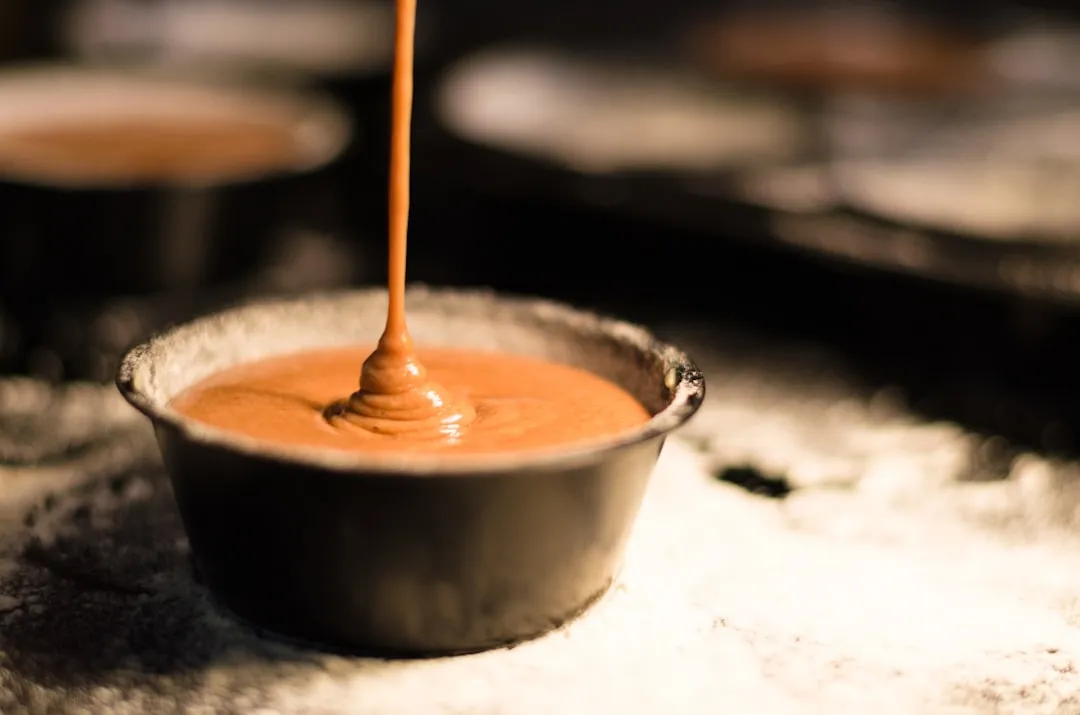

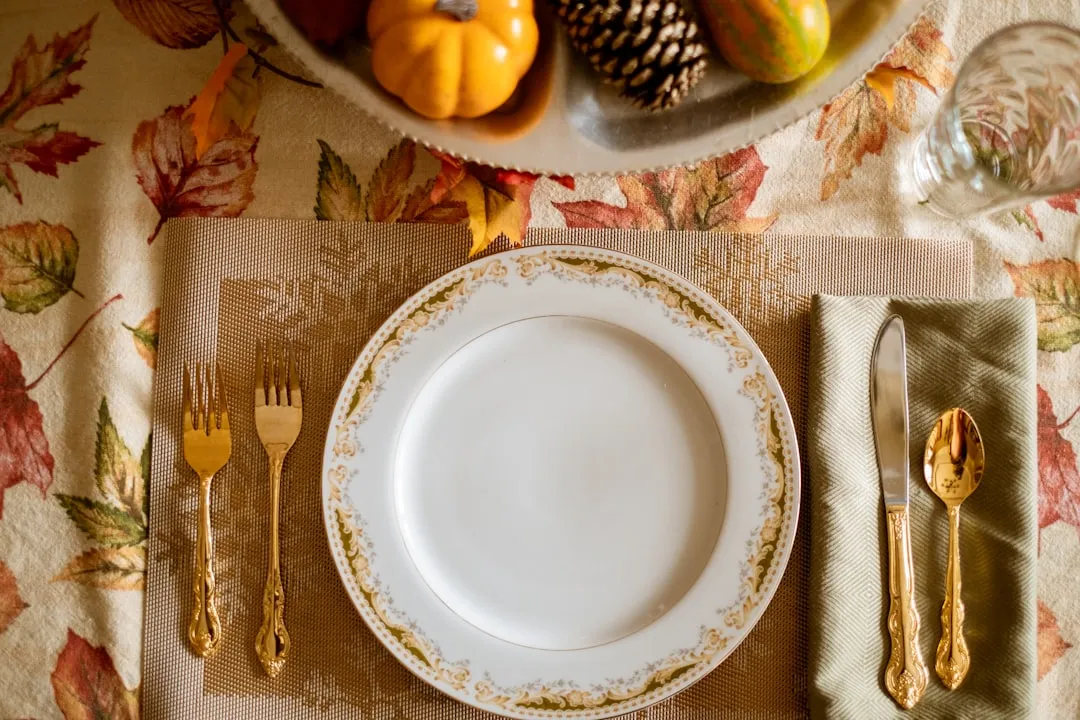


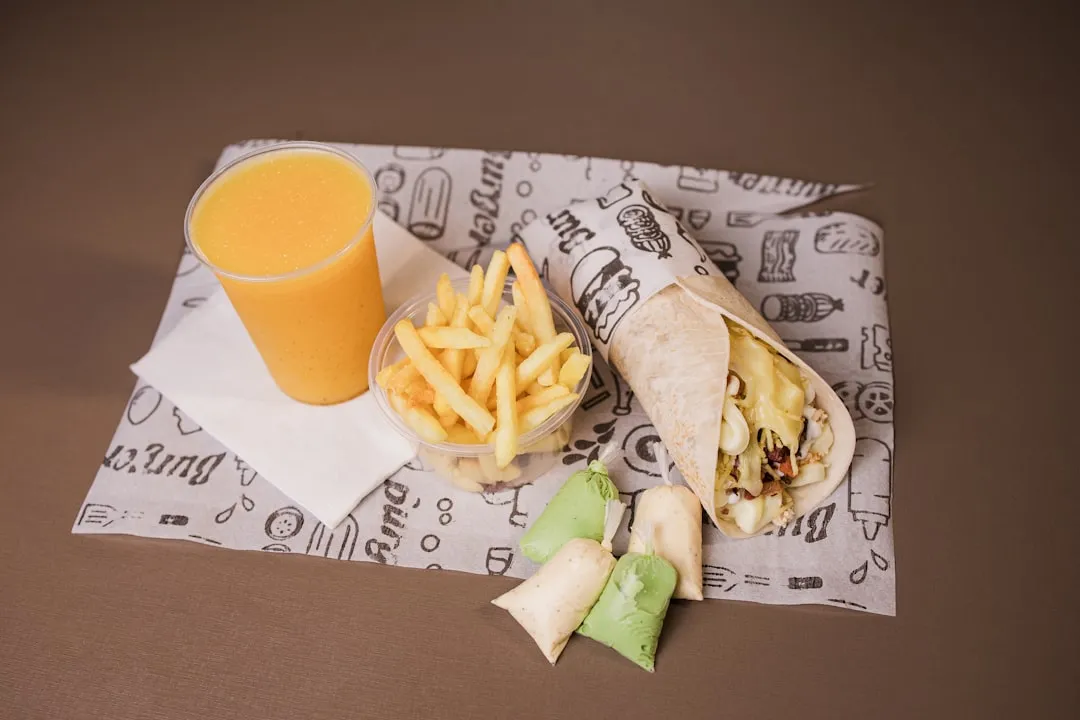

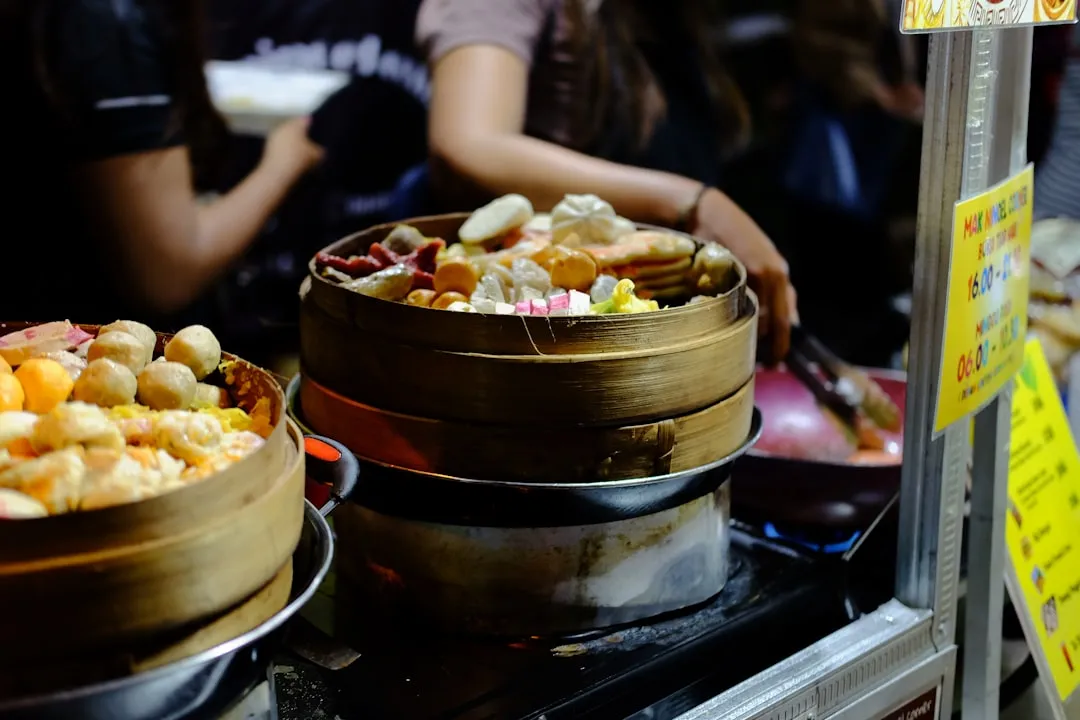




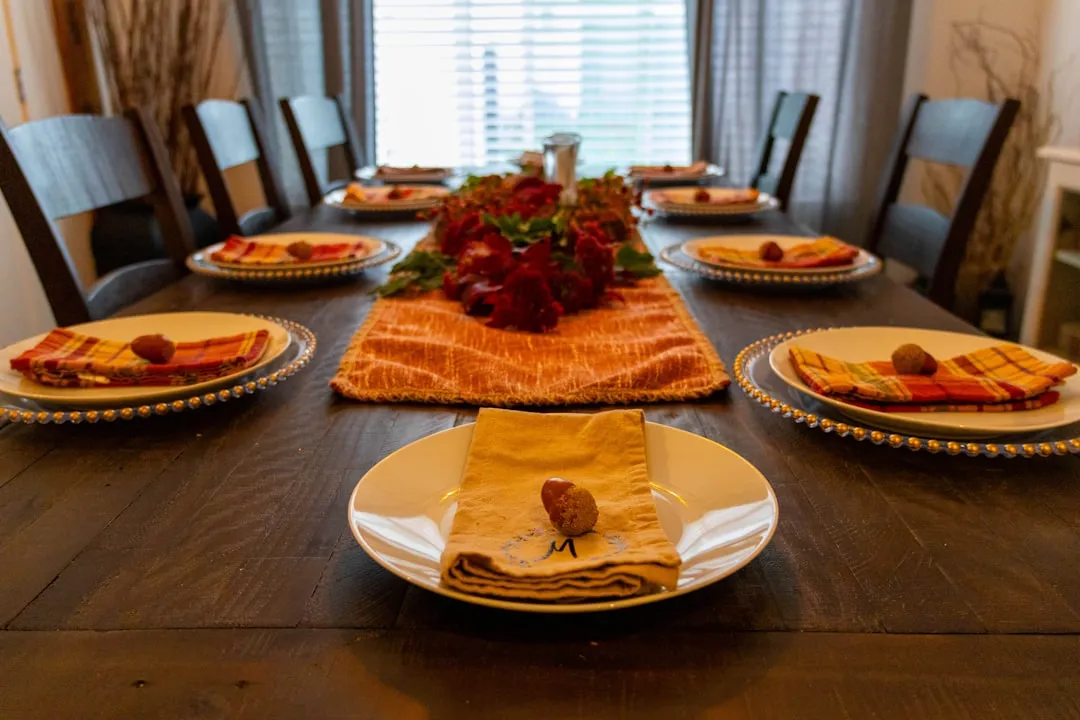





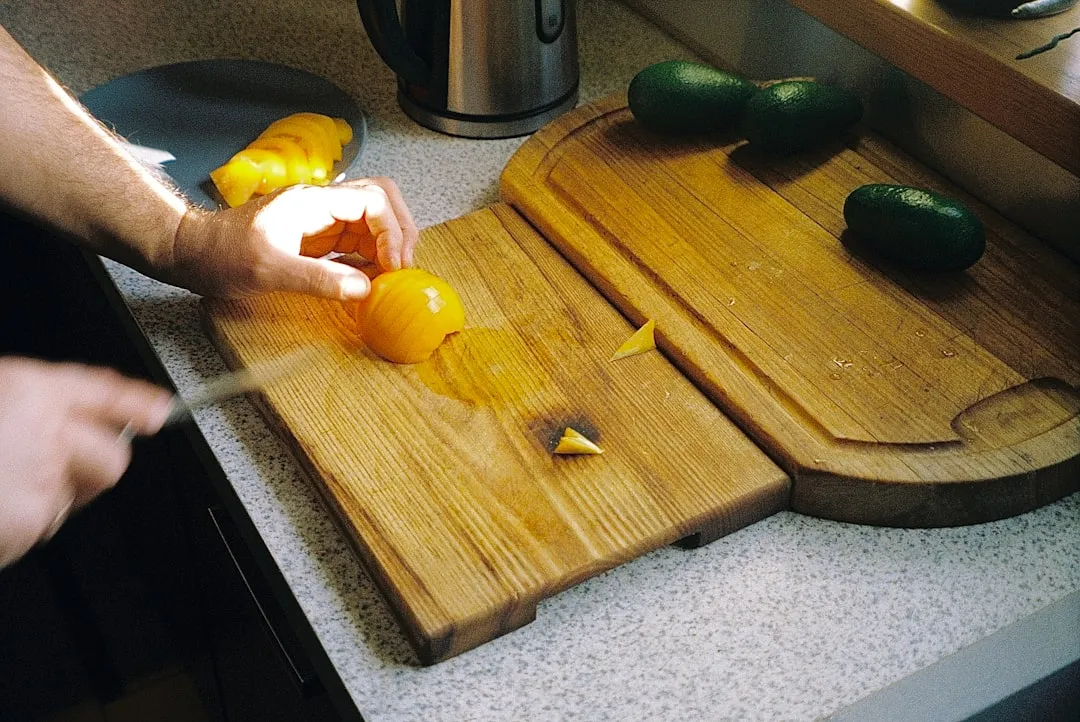
Comments
Be the first, drop a comment!